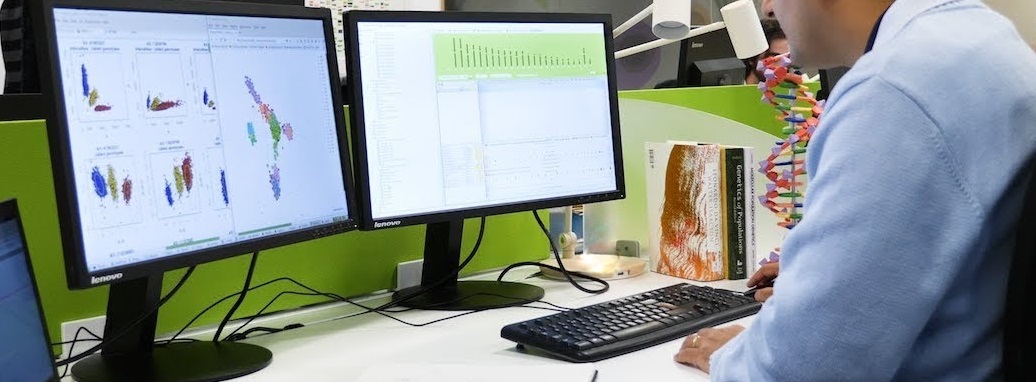
Democratic Presidential Candidate Andrew Yang foresees a future where artificial intelligence (AI) and the automation of jobs will lead to the disintegration of our society with human workers being replaced by machines, which is one of his main campaign messages.
As stated in a November 2019 article by Martin Ford in The Hill: “AI and automation will disrupt our world — but only Andrew Yang is warning about it”. The article also includes these statistics:
A recent report from the consulting firm Deloitte found that, among more than a thousand surveyed American executives, 63 percent agreed with the statement that “to cut costs, my company wants to automate as many jobs as possible using AI,” and 36 percent already believe that job losses from AI-enabled automation should be viewed as an ethical issue.
The statements are usually attributed to manufacturing jobs and low-paid jobs, definitely not highly educated professionals, like lawyers, doctors, or scientists. Yet lawyers and doctors will also see a decline in demand when AI takes over decision making in their fields. But for those decisions to be made, the machines will have to learn correctly. So, what kind of humans will still be needed to perform any work that machines cannot do?
Apart form certain service industry jobs where humans prefer human touch or human communication such as nurses, masseuses, waiters, the only other jobs that will not only be available but highly requested besides computer and robot programmers, are data scientists. Data scientists clean and prepare the data and configure the machine learning models to learn from the data.
An IBM survey by a different Wang (Dakuo Wang et al 2019) looked at “Human-AI Collaboration in Data Science: Exploring Data Scientists’ Perceptions of Automated AI”. The goal of the study was to understand data scientists current work practices and how these practices might change with Automated AI (AutoAI). Reactions were reported to be mixed with some expressing concern about the trend of automating their jobs which they also strongly felt was inevitable while others remained optimistic about their future job security due to a view that the future of data science work will be a collaboration between humans and AI systems.
One theme that came up in their interviews, especially amongst data scientists working in healthcare, was the importance of having domain knowledge to be able to clean the data and generate features. They also brought up the importance of understanding the medical domain where for example there are different ways to refer to the same drug and at different quantities, which requires clinical knowledge. After building a model, data scientists often need to find a domain expert to help interpret the results and validate whether they make sense or not which sometimes may lead to re-building the model.

When we look at AI in healthcare, we see great potential to revolutionize medicine through machine learning of very large datasets (Big Data) which today include mainly electronic health care records. The datasets may also include genome sequences, but soon they will include the billions of measurements from omics technologies such as metagenomics (microbiome), epigenomics (all the methylated or silenced regions in the genome), metabolomics (which include all metabolites in the blood of a person), radiomics (which describes the observations in medical imaging), and many other omics data sets. At Lifetime Omics, we believe in a human-in-the-loop AI model for healthcare, in which health data scientists are important contributors to the final medical knowledge delivered to customers, be it the doctors, hospitals, or patients directly. When health data scientists take care of the preparation of the data, the modeling, deployment of the AI, and monitoring and annotation of the results, they can prevent the big “disease” of many AI systems: “garbage in, garbage out”. When dealing with human diseases it is critical to avoid faulty knowledge. Therefore, while there will be inevitably many jobs that will be eliminated by machines, the job landscape for data scientists and data analysts in Big Data healthcare services looks promising.
